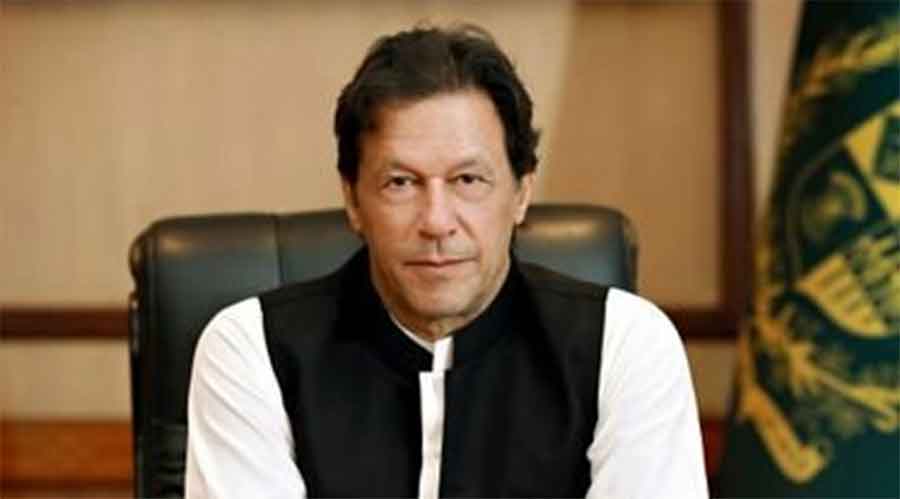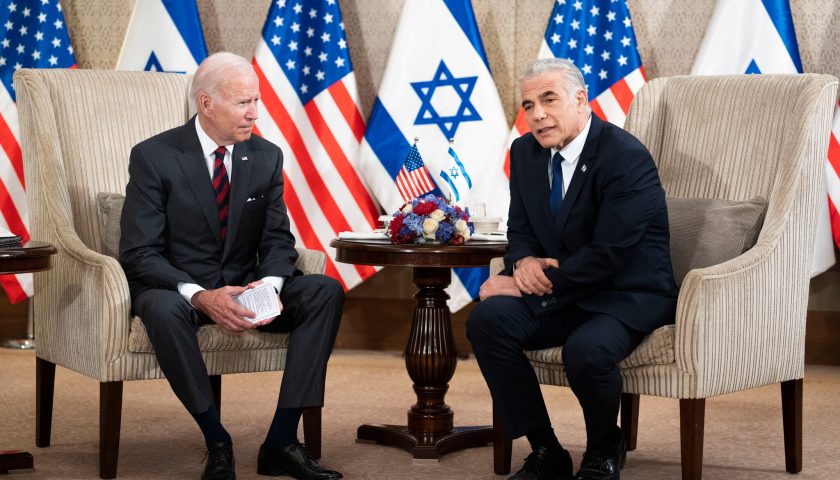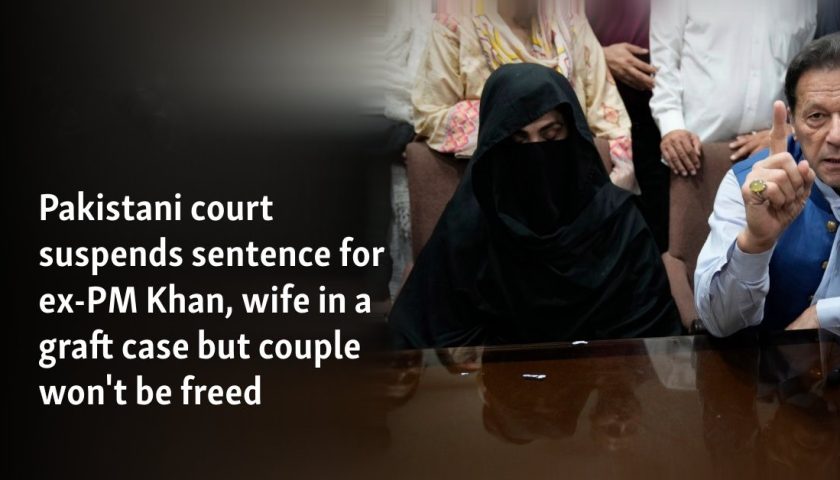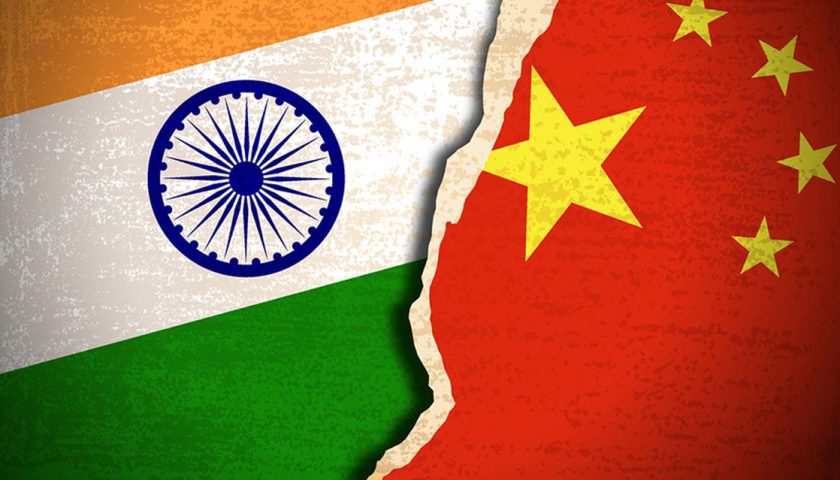Relations between Pakistan and India cannot be normalised till New Delhi rolls back its decision of August 2019 to scrap the special status of Jammu and Kashmir, Prime Minister Imran Khan said on Wednesday.
Addressing a joint press interaction with Tajikistan President Emomali Rahmon in Islamabad, Khan said the full potential of the region can be achieved only if the situation in Afghanistan stabilises and there are better ties between Pakistan and India.
Following back-channel contacts facilitated by countries such as the United Arab Emirates (UAE) and Saudi Arabia, the militaries of India and Pakistan recommitted themselves to the 2009 ceasefire on the Line of Control (LoC) in February. However, efforts initiated by Khan’s government to resume normal trade ties fell through because of opposition to the move within his government.
“The challenge for Pakistan is that the full potential of the region will be realised if there is peace in the region,” Khan told the joint media interaction, speaking in Urdu.
Referring to Pakistan’s strained relations with India, he said, “Unfortunately, since their unilateral decision on Kashmir on August 5, 2019, and because of the violation of international laws and UN Security Council resolutions, it is very difficult for us to normalise trade with [India] because it will be a betrayal of the sacrifices of the Kashmiri people.”
He added, “So till India reverses [these steps], our relations can’t improve.”
His remarks were a reiteration of his recent comments that Pakistan can’t normalise ties with India until it reverses its 2019 decision to scrap Jammu and Kashmir of its special status and to split the state into two union territories. India has dismissed Pakistan’s demands as interference in its internal affairs.
Khan further said, “If the relations don’t improve, then it will be a loss for India, Pakistan and the whole of Central Asia because the whole region can be connected.”
Noting that the Central Asian states can access Pakistan’s Gwadar port for trade, he said, “But if our ties improve [with India], China is one side and Pakistan is in a pivotal position to connect the whole region. But this is all dependent on India rolling back the unilateral steps they took in Kashmir on August 5, 2019. Till they move back, the whole matter is stuck here.”
Khan said he and Rahmon had discussed trade and investment and challenges such as climate change and the security situation in Afghanistan against the backdrop of the drawdown of US forces.
“We need peace in Afghanistan. If the US leaves without a political settlement, like when the Soviets left Afghanistan in 1989, the resulting situation could lead to losses for Pakistan and Tajikistan. It could affect connectivity and trade and we [Pakistan and Tajikistan] fear that terrorism could increase,” he added.
Pakistan and Tajikistan want a political settlement in Afghanistan that leads to stability and a government formed through consensus, and both countries will work with other nations for such a settlement, Khan said.






